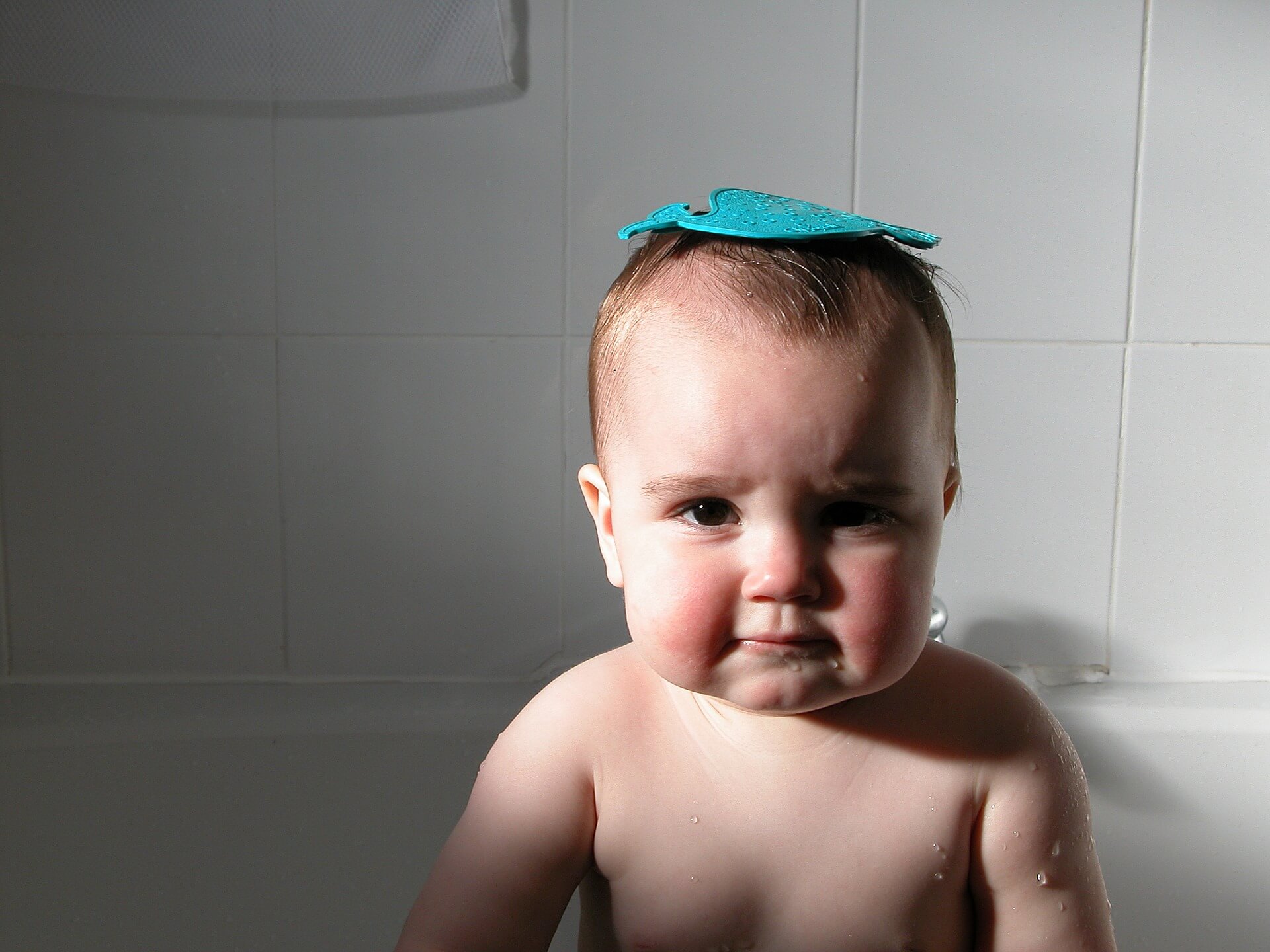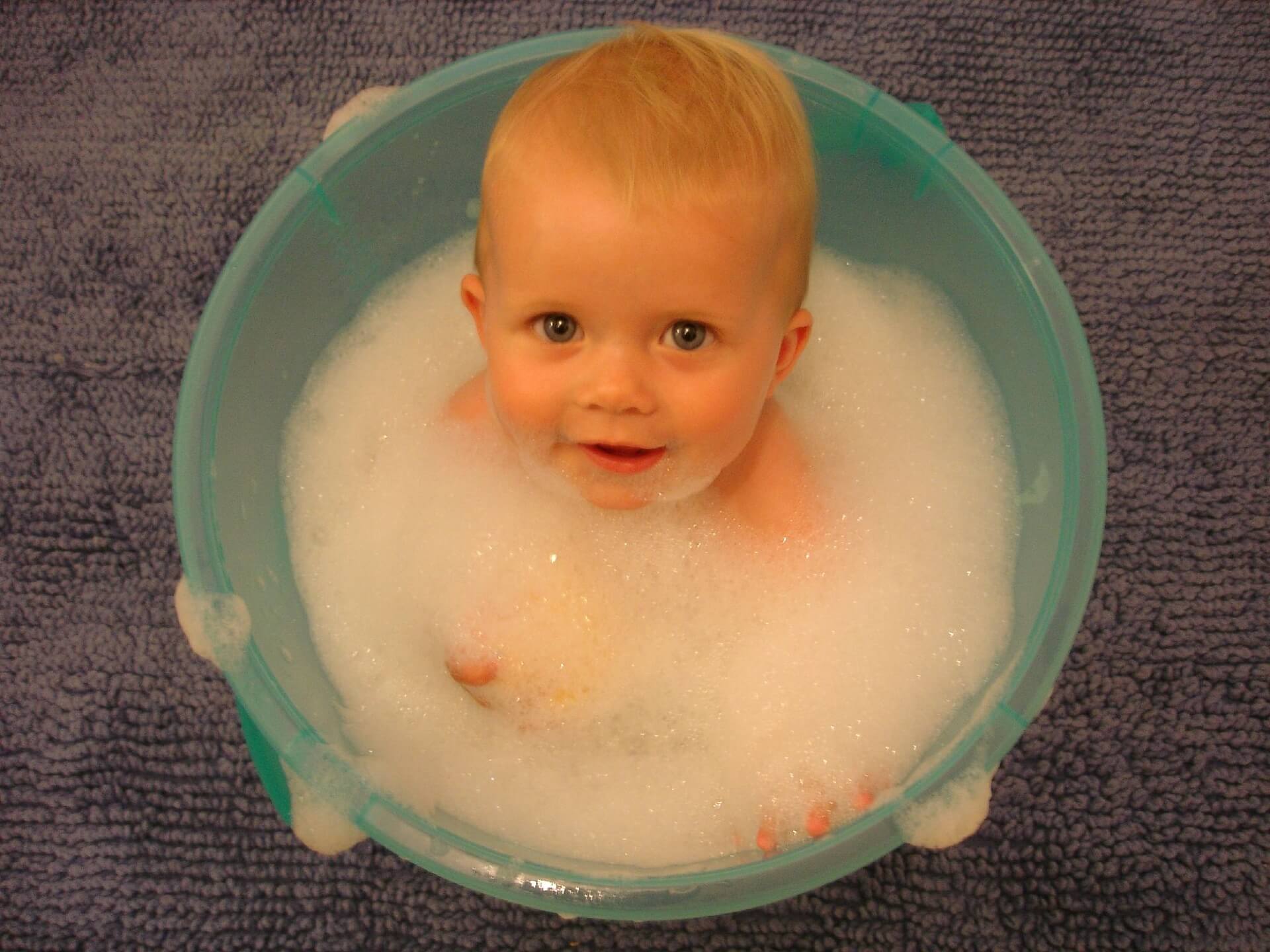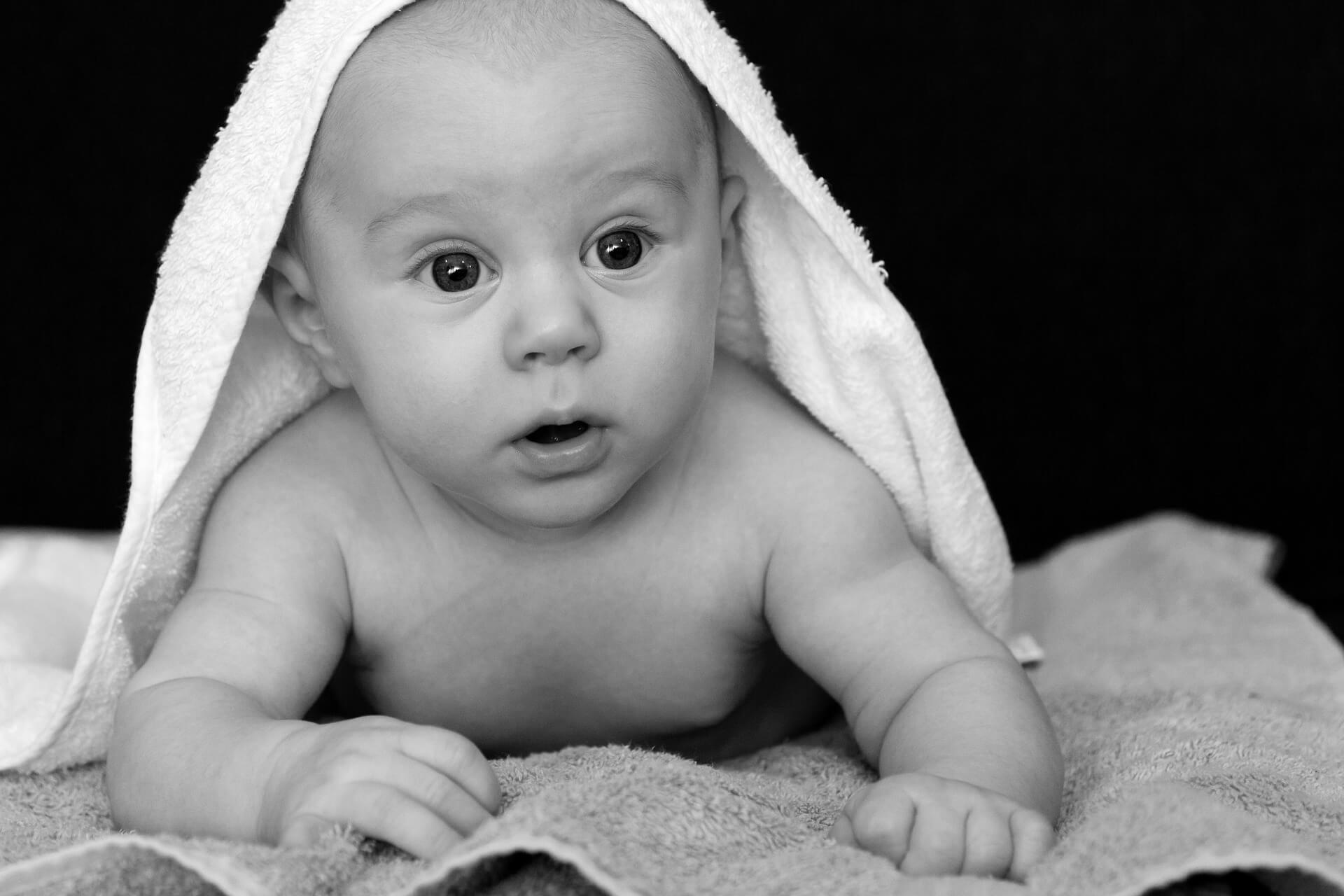7 Concerns About Your Baby's Hygiene

It’s normal to have questions and concerns about your baby’s hygiene and it’s important for parents to know what could be a potential issue for our children.
For example, our baby’s skin is very delicate and sensitive. We need to take special precautions when cleaning their skin, choosing suitable products that also respect their pH.
We should also know how to bathe them correctly, and avoid making any mistakes that could harm their health and hygiene.
Main concerns about baby’s hygiene
These are common topics of concern about your baby’s hygiene:

Should my baby be bathed every day?
You should not bathe your baby every day. Generally, babies don’t get dirty. That’s why it’s not really necessary to bathe them daily.
It’s also good to know that bath time can create a strong bond between parents and children.
How can I prevent diaper rash?
Diapers should be changed frequently and the diaper area should be cleaned very well to avoid diaper rash.
It is important to use enough water. If we are away from home, be sure to use enough wet wipes. If you notice the skin beginning to turn red, take preventative measures.
Using a protective cream, letting the diaper area air out, changing diapers immediately and not allowing the area to get wet can all help prevent diaper rash.
After each bath, we should dry our baby very well.
How long should their bath last?
Baby skin is much finer than adult skin. That’s why their bath should not last longer than ten minutes until they turn one year old.
The water temperature should not be higher than 97 degrees. It’s not necessary to bathe them more than once or twice a week.
How can we avoid cradle cap?
Cradle cap occurs in the baby’s head and isn’t very attractive. However, it’s also not a big reason to worry.
To eliminate it you should massage their scalp with a very soft hair brush. If it persists, consult a pediatrician.
Why does my baby have pimples?
These pimples are produced from the mother’s hormones. It is normal for them to appear. Do not squeeze them. Let them disappear on their own.
How should I care for my baby’s hair?
Babies do not need shampoo. Their hair is very fine and it’s not necessary to wash it with anything. When their hair gets longer and they are bigger, then you can buy special baby shampoo.
How warm should the bathroom be?
The room where we bathe our baby should be 77 degrees Fahrenheit.

How should I care for their ears and eyes?
1. Initially, their eyes don’t need special care. You can swab their eyelids with a bit of cotton or a piece of gauze moistened with water, without soap and without rubbing.
2. To dry their eyes, swab them very delicately with a piece of gauze. Use a different piece of gauze or cotton for each eye.
3. Only clean what you can see in their ears. Use a moistened gauze to clean the external part of the ears in the front and back. Dry them well.
4. If you observe external ear wax, you can grab it with a cotton swab. Do not put anything inside the ear. Wax could be pushed deeper inside.
How to trim baby fingernails
Another concern about baby’s hygiene is their fingernails. It is important to wait a week before cutting their fingernails for the first time. However, if they are very long and are scratching you a lot, you can cut them that first day.
It is important to use special baby nail trimmers. They should be small and have rounded edges.
It is important to cut their nails when they are calm. A good time to do it is after a bath because their nails will be softer. If you are nervous, the best thing to do is trim them while the baby is sleeping.
Children begin by loving their parents. When they have grown, they judge them, and sometimes, they forgive them.
-Oscar Wilde-
It is important to keep these recommendations in mind and follow them so that your child receives the best hygiene without sacrificing their health.
Remember that they are at a very delicate age and we should be very well informed to prevent mistakes.